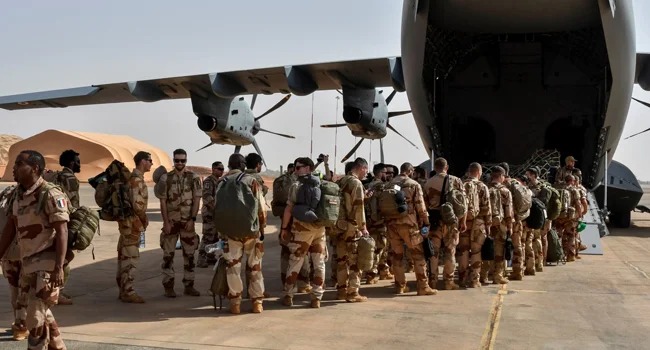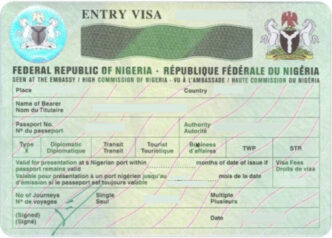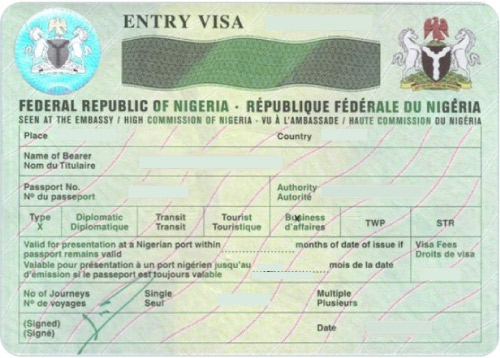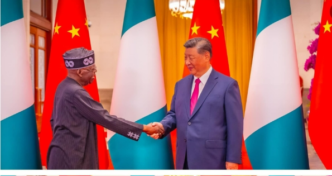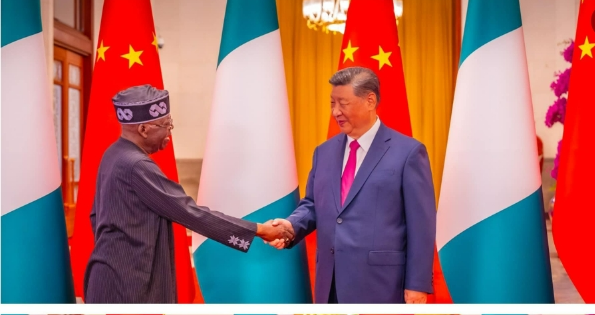BY FOLAWIYO KAREEM OLAJOKU
The recent expulsion of French troops from West African countries, including Mali, Burkina Faso, Niger, and Ivory Coast, mark a significant shift in the regional dynamics. This development presents an opportunity for West Africa to redefine its relationship with France and other external partners, prioritising regional security, economic development, and political stability.
The presence of French troops in West Africa has been a subject of debate for many years. On one hand, French troops have been instrumental in combating terrorist groups like Al-Qaeda, ISIS, and Boko Haram in the Sahel region. Their military expertise and resources have helped to weaken these organisations and prevent the spread of extremism. Additionally, French forces have contributed to maintaining stability in regions plagued by conflict, such as Mali and the Central African Republic. Their presence has helped to prevent the escalation of violence and protect civilian populations.
Furthermore, French military cooperation with West African countries has enabled the transfer of skills, knowledge, and technology to local security forces. This capacity building has enhanced the ability of West African countries to address their own security challenges. French businesses also have significant economic interests in West Africa, particularly in the energy and natural resources sectors. The presence of French troops helps to secure these interests and protect French investments.
Advertisement
However, the presence of French troops in West Africa has also been perceived as a form of neocolonialism, where France seeks to maintain its influence and control over the region. This perception fuels resentment and mistrust towards French involvement. Many West Africans view the French military presence as an affront to national sovereignty, particularly when French forces operate with relative impunity and without sufficient coordination with local authorities.
The reliance on French military assistance has also created a culture of dependence, undermining the ability of West African countries to develop their own security capabilities and address their unique challenges. Moreover, French military operations in West Africa have been criticised for human rights abuses, including civilian casualties, displacement, and mistreatment of detainees.
The expulsion of French troops from Ivory Coast, in particular, highlights the growing desire for regional sovereignty. In a statement, the Ivorian government cited the need to “reorganise” its defence and security architecture, emphasising the importance of national sovereignty and independence. This move is seen as a significant blow to France’s influence in the region, as Ivory Coast has historically been one of France’s closest allies in West Africa.
Advertisement
As France reevaluates its military presence in West Africa, it is essential to acknowledge the complexities of this relationship. While French troops have contributed to regional stability, their presence has also been perceived as a form of neocolonialism, undermining West African sovereignty and creating dependence on foreign military aid.
Ultimately, a new era of regional sovereignty in West Africa must be built on mutual respect, trust, and a commitment to African-led solutions. France must adapt to the changing landscape of West African politics and security, prioritising cooperation, capacity building, and the empowerment of regional security forces. By doing so, France can help foster a more stable, prosperous, and sovereign West Africa, one that is capable of addressing its own challenges and realising its full potential.
Folawiyo Kareem Olajoku, PhD, can be contacted via [email protected]
Advertisement
Views expressed by contributors are strictly personal and not of TheCable.
Add a comment
